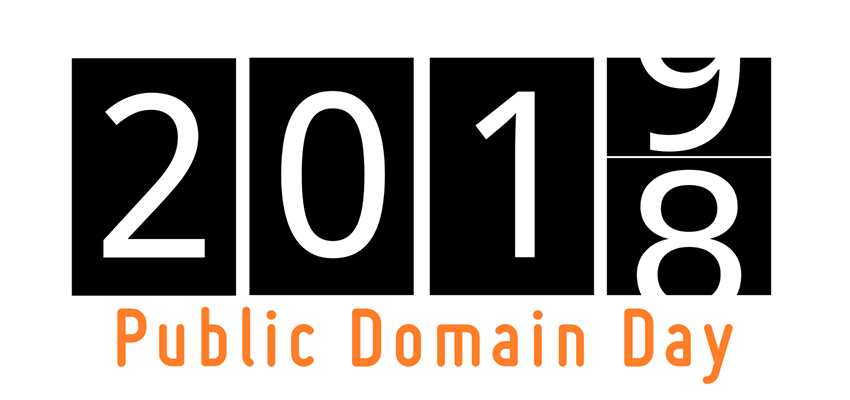Public Domain Day 2019
Scholarly Communications Posted: February 18th, 2019January 1, 2019, marked an important day for copyrighted works. For the first time in more than 20 years, published works from 1923 will enter the public domain. This means that anyone can use the works for free and without any copyright restrictions. The last time this occurred was in 1998 before the United States’ Congress passed the Copyright Term Extension Act. This act is also often referred to as the Sonny Bono Act (named in memory of the late Congressman, Sonny Bono) or the Mickey Mouse Protection Act due to the Walt Disney Company’s support of such copyright extensions.
The Copyright Term Extension Act was not the first time the United States extended copyright. The Copyright Act of 1976, for example, extended copyright terms to life of the author of a work plus an additional 50 years and 75 years after the date of creation for corporate entities, like the Walt Disney Company. The Copyright Term Extension Act passed in 1998 would further extend these terms. Today, copyright protection for authors extends copyright to life of the author of a work plus 70 years and 120 years after the date of creation for corporate entities. This extension meant that works produced in 192, which should have been released into the public domain in 1999, had to wait an additional 20 years to enter the public domain.
But, now, an entire treasure trove of creative works are available for anyone to use. Cecil B. DeMille’s The Ten Commandments, New Hampshire by Robert Frost, and the song, “Yes! We have no Bananas” are just a few examples of films, books, and music that have entered the public domain. You can check over 50,000 works now in the public domain that have been digitized and made available through HathiTrust.
Because of the Copyright Extension Act, works that would have been released into the public domain years ago will remain copyrighted for many years to come. The Wizard of Oz, for example, will not be released into the public domain until 2035. However, there are a variety of public domain and Creative Commons licensed works that you can use now.
For more information about copyright and resources that you can use without copyright restrictions, visit the UCF Libraries’ Scholarly Communication website or contact Sarah Norris, Scholarly Communication Librarian.
